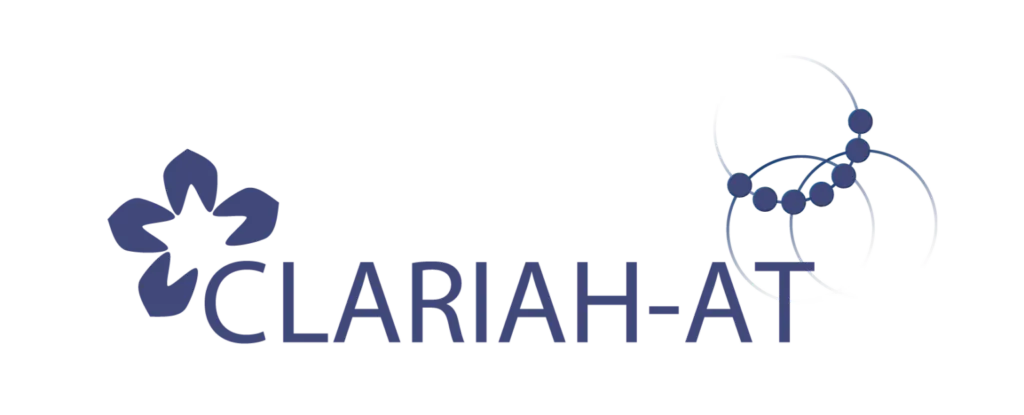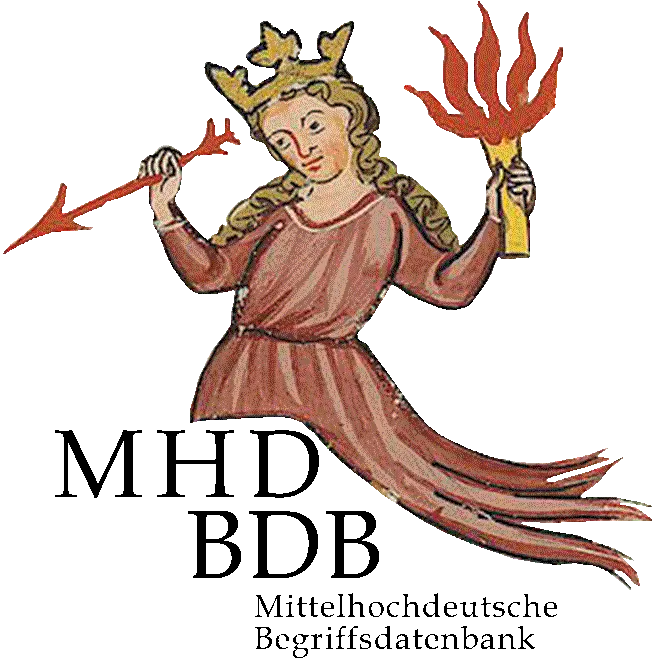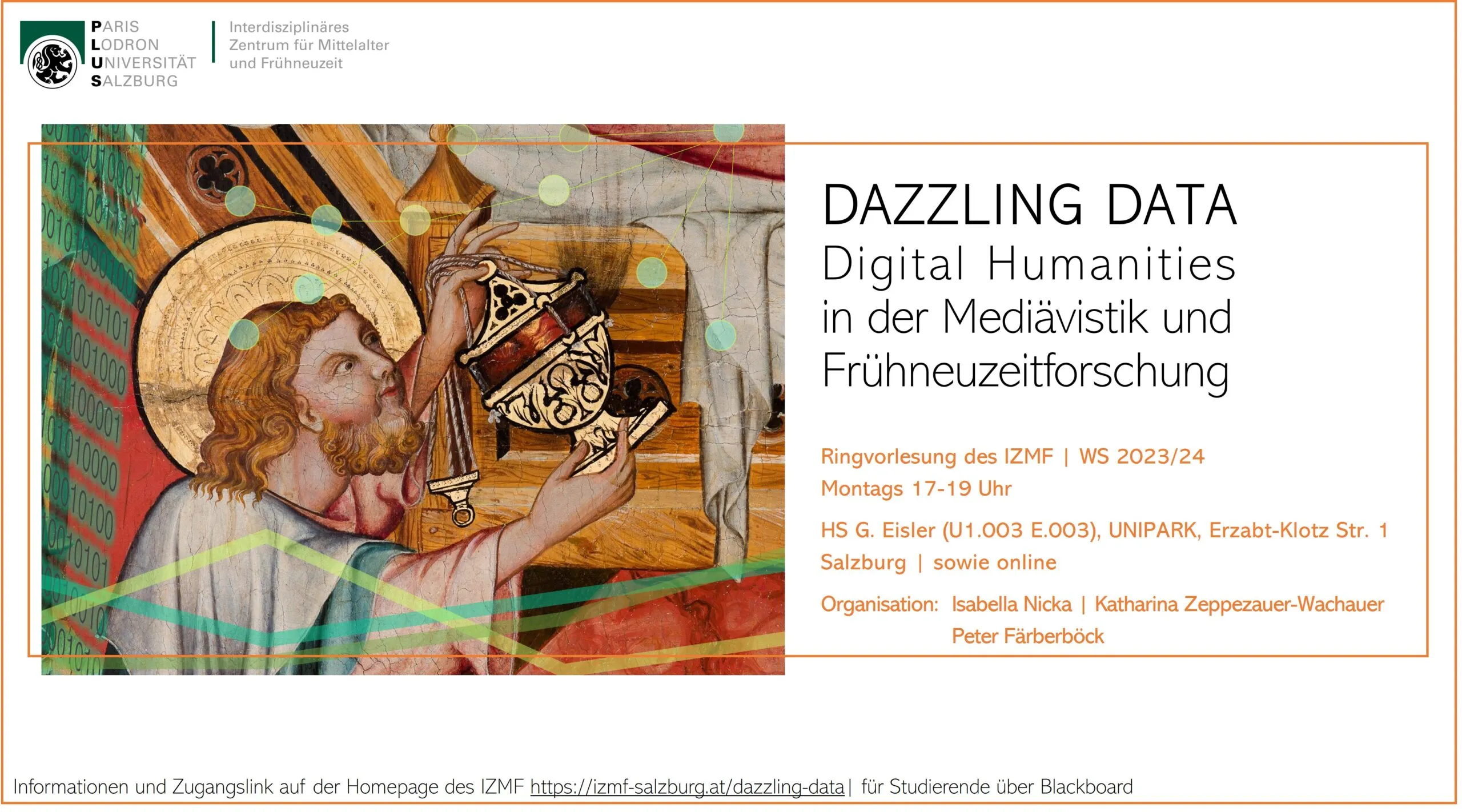
Dazzling Data: Digital Humanities in Medieval & Early Modern Studies
IZMF lecture series in the winter semester of 2023/24
The subjects dealing with the study of the Middle Ages and the early modern period developed an interest in the application of Digital Humanities (DH) methods early on. They have contributed significantly to the formation of the Digital Humanities as a scientific discipline and can now build on broad DH expertise and on large and complex data treasures.
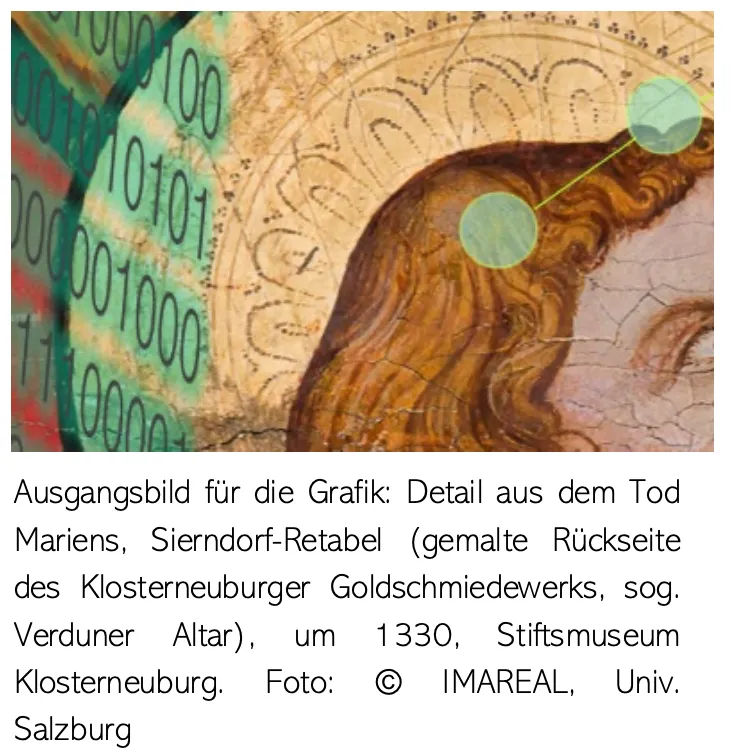
In recent years, many new questions and ways of working with medieval and early modern sources and objects have been added to this field – time to present some of them in a lecture series:
Students will learn how DH methods are applied and what possibilities they offer from a disciplinary or interdisciplinary perspective. In addition, it will be demonstrated how DH accesses are used for the analysis of different types of sources (images, literary and historical text sources, objects, historical maps, archaeological prospecting data, musical records, etc.).
The spectrum thereby ranges from the use of so-called artificial intelligence, natural language processing, distant viewing, DNA sequencing and network analysis to digital editing and annotation. Working with digital 3D models and GIS-based analyses as well as approaches from Game Studies and Citizen Sciences are also brought into focus.
Re-watch the lecture series any time via this link.
The lecture will take place every Monday from 5:15 PM to 6:45 PM, starting 02.10.2023 in the lecture hall Georg Eisler (E.003 U1.003) at UNIPARK (Erzabt-Klotz-Straße 1, 5020 Salzburg). The lectures will also be recorded and will be made available afterwards on UniTV after editing.
You can also follow the lecture online via Microsoft Teams.
Here you will find a list of the lectures as well as all access links – each lecture has the same link!
Programme
- 02.10. Einführung: Dazzling Data – Digital Humanities in der Mediävistik und Frühneuzeitforschung
Isabella Nicka (IMAREAL/IZMF, Universität Salzburg),
Katharina Zeppezauer-Wachauer (MHDBDB, Universität Salzburg),
Peter Färberböck (IMAREAL/IZMF, Universität Salzburg)
- 09.10. Sieben Dinge Mariens. Object Detection und kunsthistorische Realienkunde
Peter Bell (Kunstgeschichtliches Institut, Universität Marburg)
- 16.10. Offene Forschungsstrategien. (Geisteswissenschaftliche) Forschung für die und mit der Öffentlichkeit
Marlene Ernst (Stadtarchiv Salzburg)
- 23.10. Interoperabilität von Text und Bild in der digitalen Edition der Wenzelsbibel
Linda Beutel-Thurow (FB Germanistik, Universität Salzburg),
Julia Hintersteiner (FB Germanistik, Universität Salzburg)
- 30.10. HTR, TEI, DNA & NLP: Frühmittelalterliche Handschriften, ihr Paratext und die Digital Humanities
Bernhard Bauer (Zentrum für Informationsmodellierung, Graz)
- 06.11. Digitale Transformation frühneuzeitlicher Memento mori-Literatur: Herausforderungen und Potenziale
Claudia Resch (Österreichische Akademie der Wissenschaften, ACDH-CH, Wien)
- 13.11. Burgen digital erschließen – Projekte Hohensalzburg digital und Inventaria
Ingrid Matschinegg (IMAREAL/IZMF, Universität Salzburg),
Stefan Zedlacher (IMAREAL/IZMF, Universität Salzburg),
Walter Brandstätter (FB Geschichte, Universität Salzburg),
Elisabeth Gruber-Tokić (Institut für Sprachwissenschaft, Universität Innsbruck),
Elisabeth Tangerner (FB Geschichte, Universität Salzburg)
- 20.11. Transkriptionsdatenbank zum Codex Manesse (Große Heidelberger Liederhandschrift, cpg 848)
Anna Kathrin Bleuler (Lehrstuhl für Deutsche Sprache und Literatur des Mittelalters, Universität Augsburg)
- 27.11. Distant Viewing. Darstellungen von Material in mittelalterlicher Malerei mit Digital Humanities- und Computer Vision-Methoden
Isabella Nicka (IMAREAL/IZMF, Universität Salzburg),
Miriam Landkammer (IMAREAL/IZMF, Universität Salzburg),
Andreas Uhl (Fachbereich Artificial Intelligence and Human Interfaces, Universität Salzburg),
Michael Linortner (Fachbereich Artificial Intelligence and Human Interfaces, Universität Salzburg)
- 04.12. Integrierte GIS-basiere Analyse mittelalterlicher und frühneuzeitlicher Landschaften anhand archäologischer Prospektionsdaten und digitalisierter historischer Karten
Roland Filzwieser (Vienna Institute for Archaeological Science, Universität Wien)
- 11.12. DH Anwendungsbeispiele aus der mediävistischen Musikwissenschaft
Robert Klugseder (Österreichische Akademie der Wissenschaften, Abteilung Musikwissenschaft, Wien)
- 08.01. Unsere Pferde galoppieren digital: DH im interdisziplinären Projekt zum Wissenstransfer in mittelalterlicher Pferdemedizin “Meeting in the body of the horse”
Jasmine Dum-Tragut (Zentrum zur Erforschung des Christlichen Ostens, Universität Salzburg),
Marat Yavrumyan (Zentrum zur Erforschung des Christlichen Ostens, Universität Salzburg)
- 15.01. Musikalische Frühdrucke und geborgte Melodien
Andrea Lindmayr-Brandl (Abteilung Musikwissenschaft, Salzburg),
Carlo Bosi (Abteilung Musikwissenschaft, Salzburg)
- 22.01. Telespiele, Mobile Games und Open World – Game Studies in den Digital Humanities
Aurelia Brandenburg (Confoederatio Ludens, Hochschule der Künste Bern),
Peter Färberböck (IMAREAL/IZMF, Universität Salzburg)
- 29.01. Mittelhochdeutsche Begriffsdatenbank Reloaded
Katharina Zeppezauer-Wachauer (MHDBDB, Universität Salzburg),
Alan van Beek (MHDBDB, Universität Salzburg)
Concept & Organisation
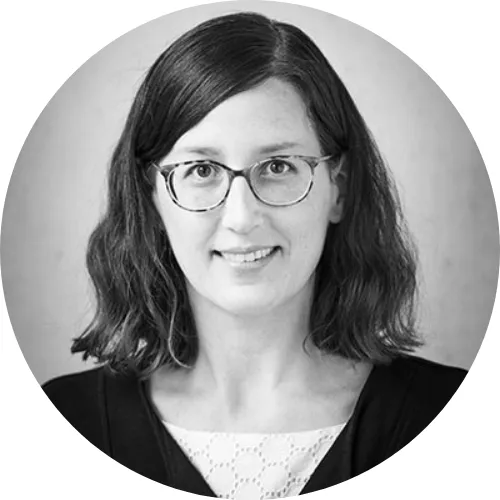
Isabella Nicka is a research assistant at the Institute of Medieval and Early Modern Material Culture (IMAREAL). In addition to her teaching activities, she is also responsible for the further development and editing of REALonline.
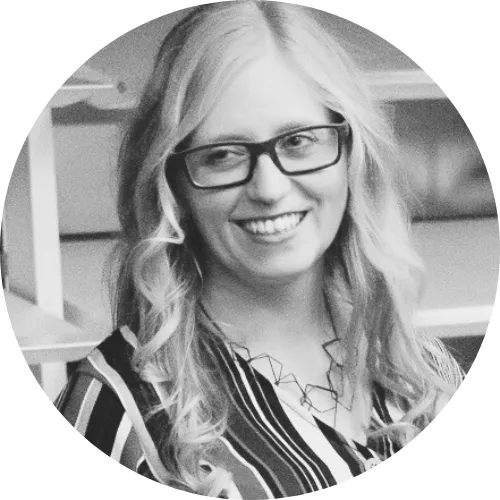
Katharina Zeppezauer-Wachauer is a senior scientist at the University of Salzburg and coordinator of the Mittelhochdeutsche Begriffsdatenbank (MHDBDB). She pays special attention to the transfer of the data stored there into up-to-date standards and making it available as Linked Open Data (LOD).

Peter Färberböck is a Senior Scientist at the Institue of Medieval and Early Modern Material Culture. His main research focus is on historical game studies, medievalisms and magic in digital games.
The organisers, as well as the IZMF, are part of the CLARIAH-AT Consortium. You can find more details here.
You can download the lecture programme including a short description as a PDF-file here.

